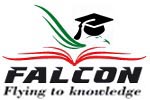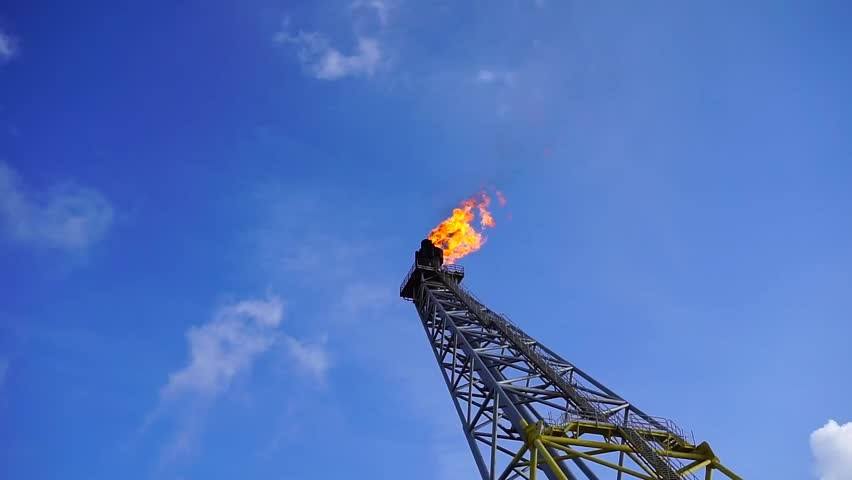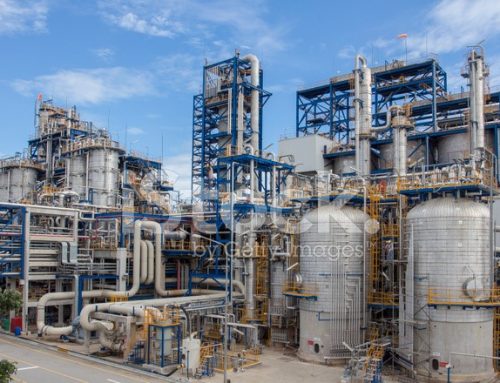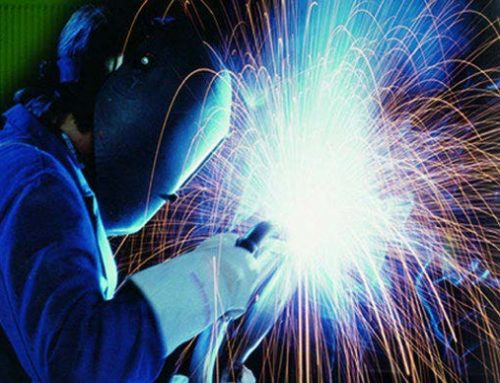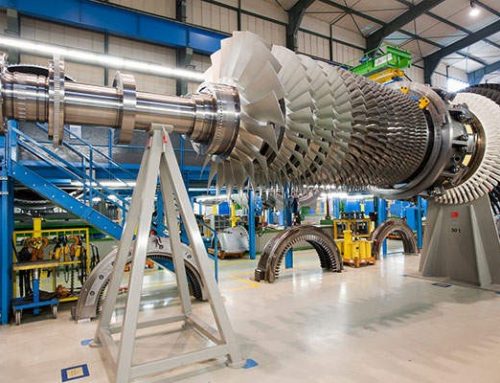Project Description
Why attend
This course presents a convenient overview of relief system details based on the full scope of API, ASME, and other code and specification requirements. It covers all aspects of relief flare systems from the emergency relief sources through the valve and flare network right to the stack and flare tip. Descriptions and design criteria will be outlined for flare tips, seals, stacks, knockout drums, header systems, relief valves, depressurization systems and basic hazard analysis. Alternative design methods will be also described with reference to the specific nature of relief and flare systems worldwide
Course Objectives
By the end of the course, participants will be able to:
- Understand the purposes of relief and flare systems and their importance in safe operations
- Understand the causes of over-pressure and the ways to control or mitigate them
- Appreciate the process engineering principles underpinning relief systems
- Determining the set / relieving pressures to meet operational, safety, and code requirements
- Selection and sizing of other key components of a relief / flare system
- Commonly used pressure relieving devices, selection and sizing
- Operational considerations of maintenance, testing, certification, and disposal of fluids
- Designing and operating relief and flare header systems considering fluid characteristics, service conditions, volumes, gas dispersion, and radiation
- Understand the purposes of relief and flare systems and their importance in safe operations
- Understand the causes of over-pressure and the ways to control or mitigate them
- Appreciate the process engineering principles underpinning relief systems
- Determining the set / relieving pressures to meet operational, safety, and code requirements
- Selection and sizing of other key components of a relief / flare system
- Commonly used pressure relieving devices, selection and sizing
- Operational considerations of maintenance, testing, certification, and disposal of fluids
- Designing and operating relief and flare header systems considering fluid characteristics, service conditions, volumes, gas dispersion, and radiation
Who should attend
This course provides systematic techniques on the Flares and Relief Systems for Engineers responsible for designing relief and flare systems in oil and gas facilities, Operations Personnel responsible for operating relief and flare systems in oil and gas facilities, Maintenance Personnel responsible for the maintenance of relief and flare systems in oil and gas facilities.
Course Outline
- The following program is planned for this course. However, the course instructor(s) may modify this program before or during the course for technical reasons with no prior notice to participants. Nevertheless, the course objectives will always be met: Typical Flare and Relief System Purpose of relief and flare systems ○ Principle of process relief devices and process design of relief systems ○ Overview of typical relief and flare systems ○ Key components including: Knockout drum, Flame arresters, Pressure Vacuum Relief Valves (PVRV), Pressure Relief Valves (PRV), Rupture / Bursting Discs, Flare Header and flare stacks, Interlocks, P&ID Possible Relief Scenarios
Vessel and Tank Design ○ Safety implications ○ Causes of overpressure ○ Overpressure protection philosophy ○ Inherent safety ○ Source isolation and relief ○ Flammability ○ Explosions and BLEVE ○ Operational characteristics ○ Causes of improper performance
Operational Considerations of Maintenance, Testing, Certification and Fluid Disposal
Codes and standards including good practices ○ Environmental considerations ○ Radiation considerations ○ Purge gas ○ Risk-based inspection and testing ○ Records
Determining Set / Relieving Pressures to Meet Safety and Code Requirements
Liquids, Pressure and Hydraulic relief ○ Flow of Liquids ○ Reynolds number, pressure drop in pipes ○ Compressible flow ○ Choked flow ○ Two-phase and Multi-phase Flow ○ Design and specification considerations for relief valves and header systems, including: Fluid characteristics, Service conditions, Material selection, Header sizing ○ Determination of relief requirements and defining set point pressures ○ Blow-down/ depressurizing: purpose, design and operational considerations
Selection and Sizing of Key Components
Safety and relief valve types ○ Application and sizing of common relief devices ○ Selection and sizing of key components:
Knockout drums, Seal drums, Vent / flare stack, Flare ignition systems
The workshop
This interactive training course includes the following training methodologies as presented on the next column based on percentage of the total tuition hours:
Lectures
Workshops & Work presentation
Case Studies & Practical Exercises
Videos, Sofware & General Discussion
The course instructor may modify the above training methodology before or during the course for technical reasons with no prior notice to participants.
Falcon Consulting Professionals is established in Greece for the last 15 years in the areas of technical consulting and professional training for the local industries. Falcon is expanding in GCC, aiming to provide the best consulting and training solutions to the industries of the region. Falcon’s instructors are accredited trainers and highly experienced in their fields, as well as adult training. We aspire to build our business relationships on mutual trust. The achievement of results with an emphasis on innovation and sustainability, quality, cost analysis and time scheduling are non-negotiable from the conceptual phase of the training.
